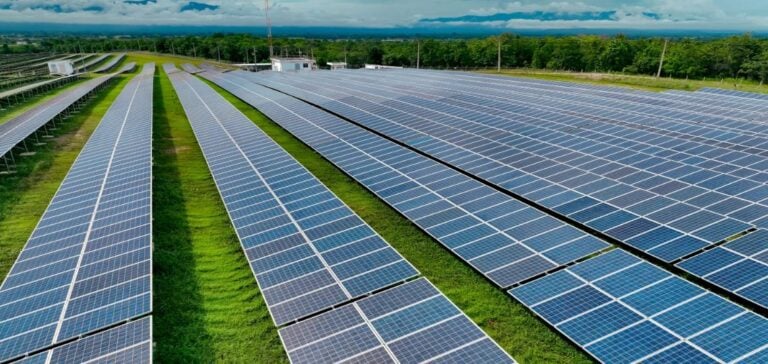In 2024, Germany achieved a significant milestone in its energy transition by reaching a total installed solar capacity of 100 GW, according to data from the German solar association BSW and regulator BNetzA. This achievement was driven by a record addition of 17 GW of new installations, highlighting contrasting developments across different solar market segments.
Growth Driven by Ground-Mounted Installations
Ground-mounted solar installations saw a 40% increase, reaching 6.3 GW in annual additions. This segment has become one of the primary drivers of Germany’s energy transition. In contrast, residential rooftop installations declined by 15%, accounting for only 6.7 GW of new capacity.
Commercial rooftops also contributed to the growth, with a 25% increase and an additional 3.6 GW of capacity in 2024. Overall, these additions enabled solar power to cover 14% of domestic electricity demand, compared to 12% in the previous year.
Regulatory and Infrastructure Challenges
Despite these promising figures, challenges remain. Carsten Koernig, managing director of BSW, warned that political efforts would be necessary to achieve the national target of 215 GW of installed solar capacity by 2030. He emphasized the importance of removing administrative barriers and establishing a stable regulatory framework to encourage investments.
The German utilities association, BDEW, also highlighted the “photovoltaic peak problem.” This issue arises when solar production exceeds consumption on sunny days, posing risks to grid stability. To address this, reforms in energy legislation, particularly the EnWG, are required.
Outlook and Forecasts
Analysts from S&P Global Commodity Insights predict that Germany’s solar capacity will reach 130 GW by 2026. However, falling market prices, especially during summer, reflect growing economic pressures on producers. In 2024, average solar capture prices in Germany dropped below €50/MWh, directly affecting the profitability of projects.
To sustain this growth trajectory, experts call for a combination of political support, technological innovations, and solutions to optimize solar integration into the grid. These measures will be crucial for maintaining the momentum of Germany’s energy transition and reinforcing its position as a leader in renewable energy.






















